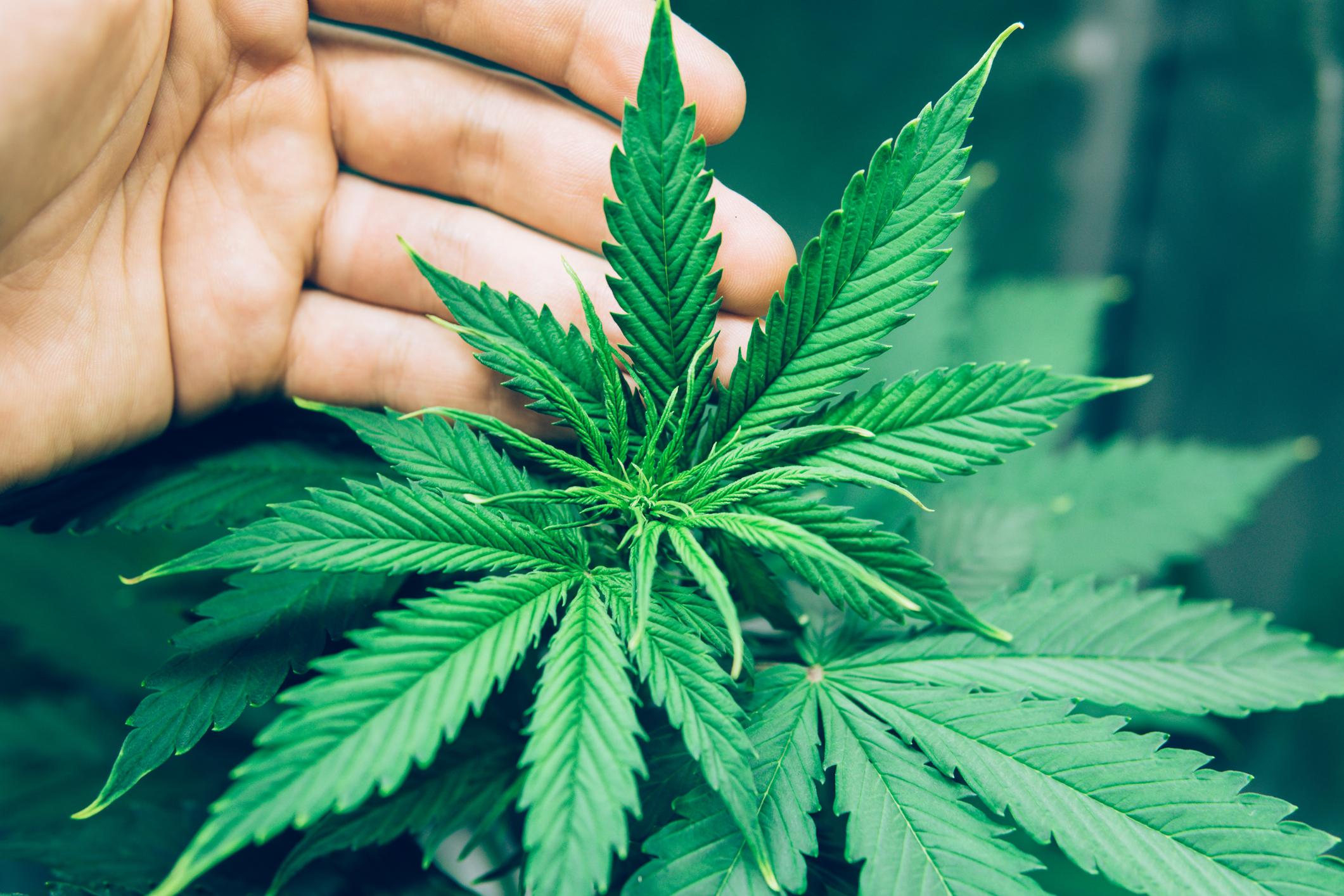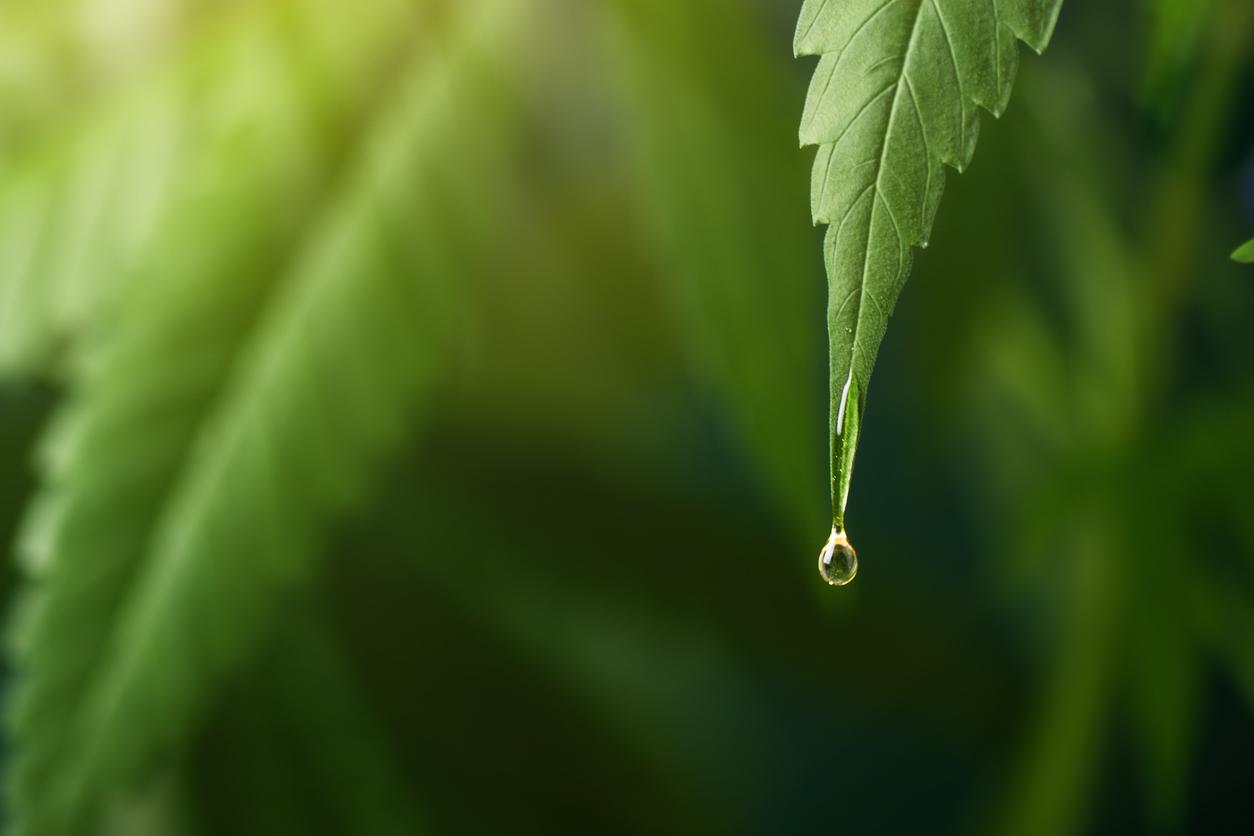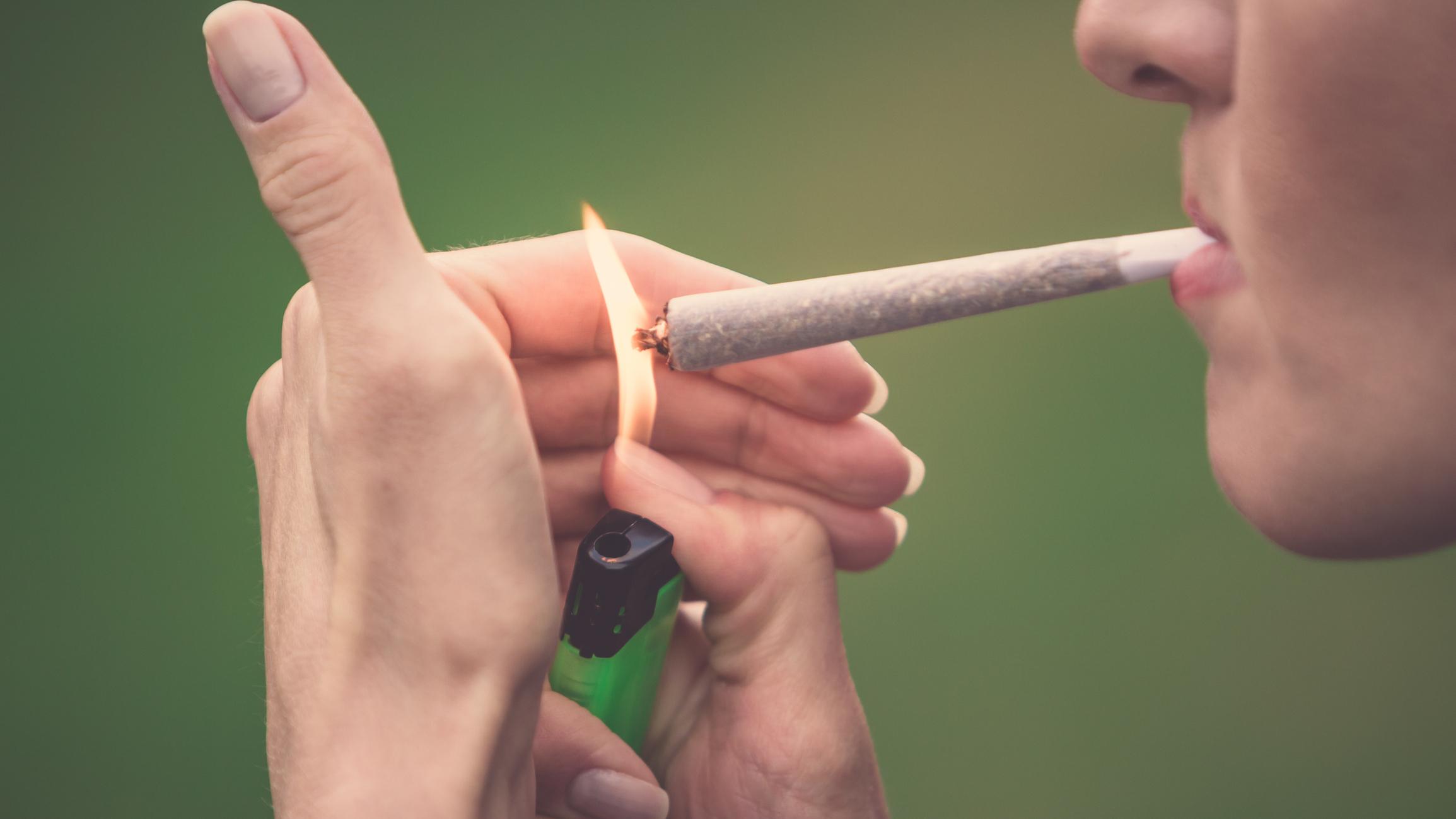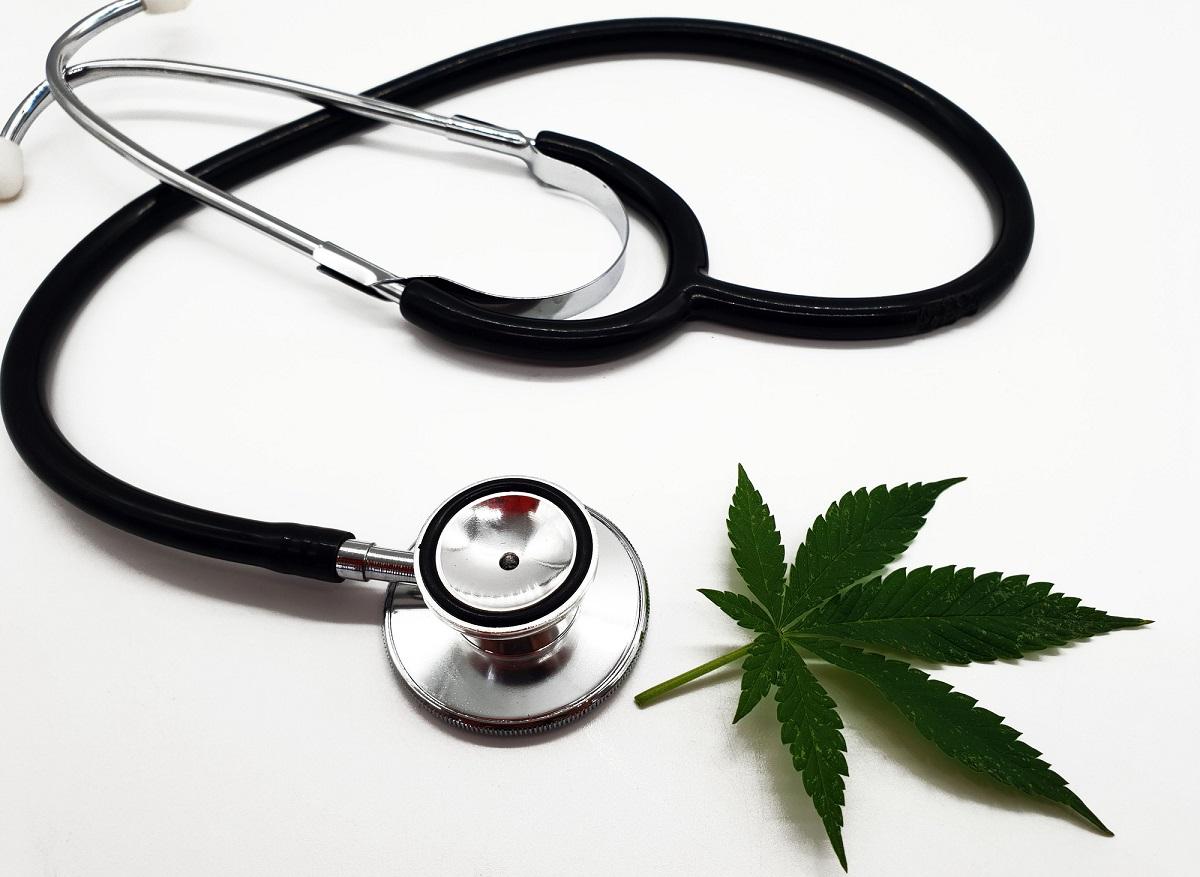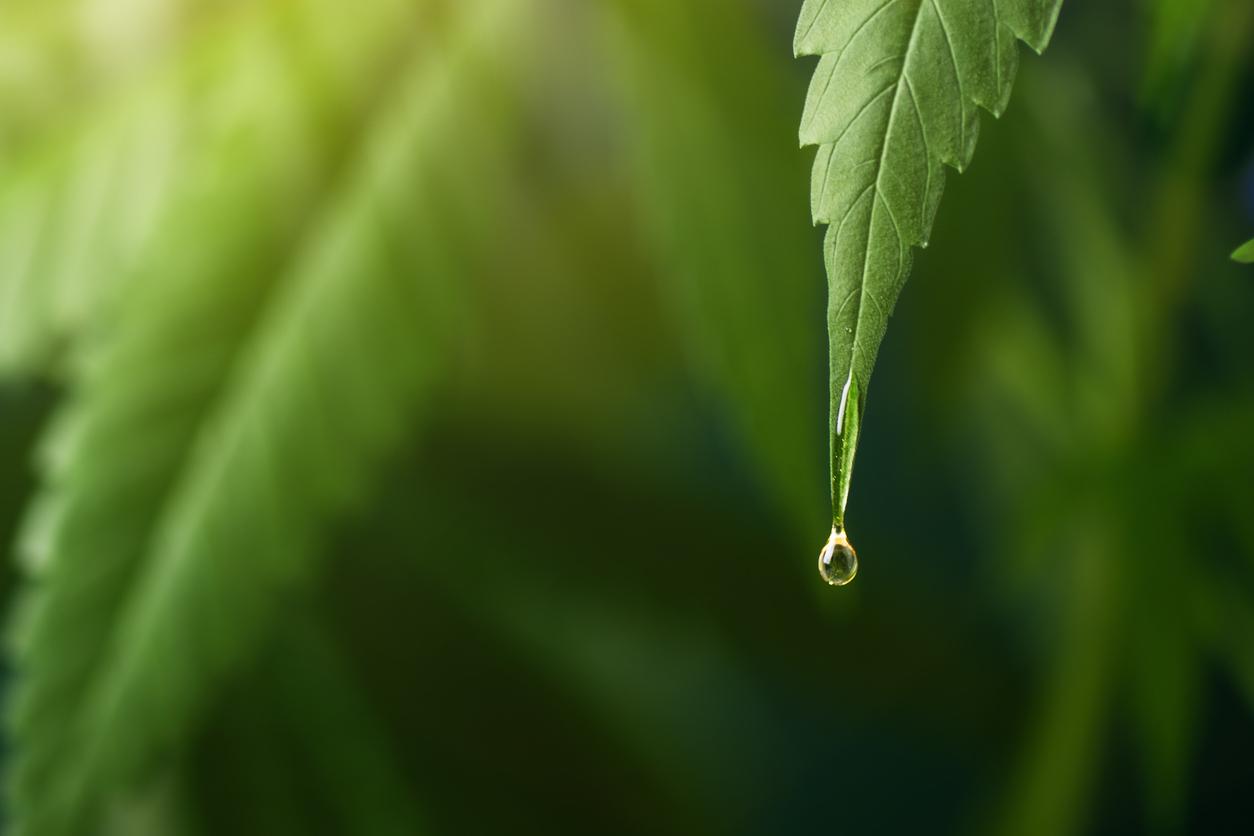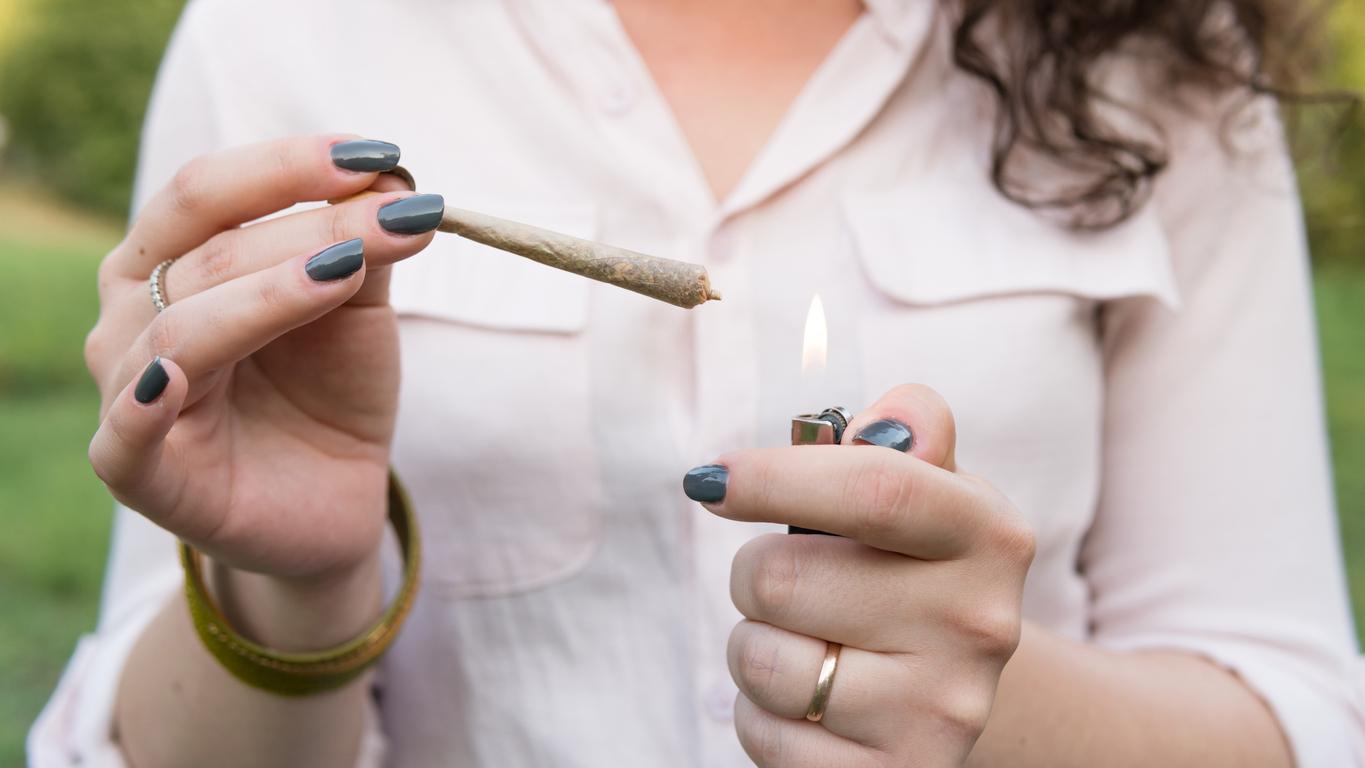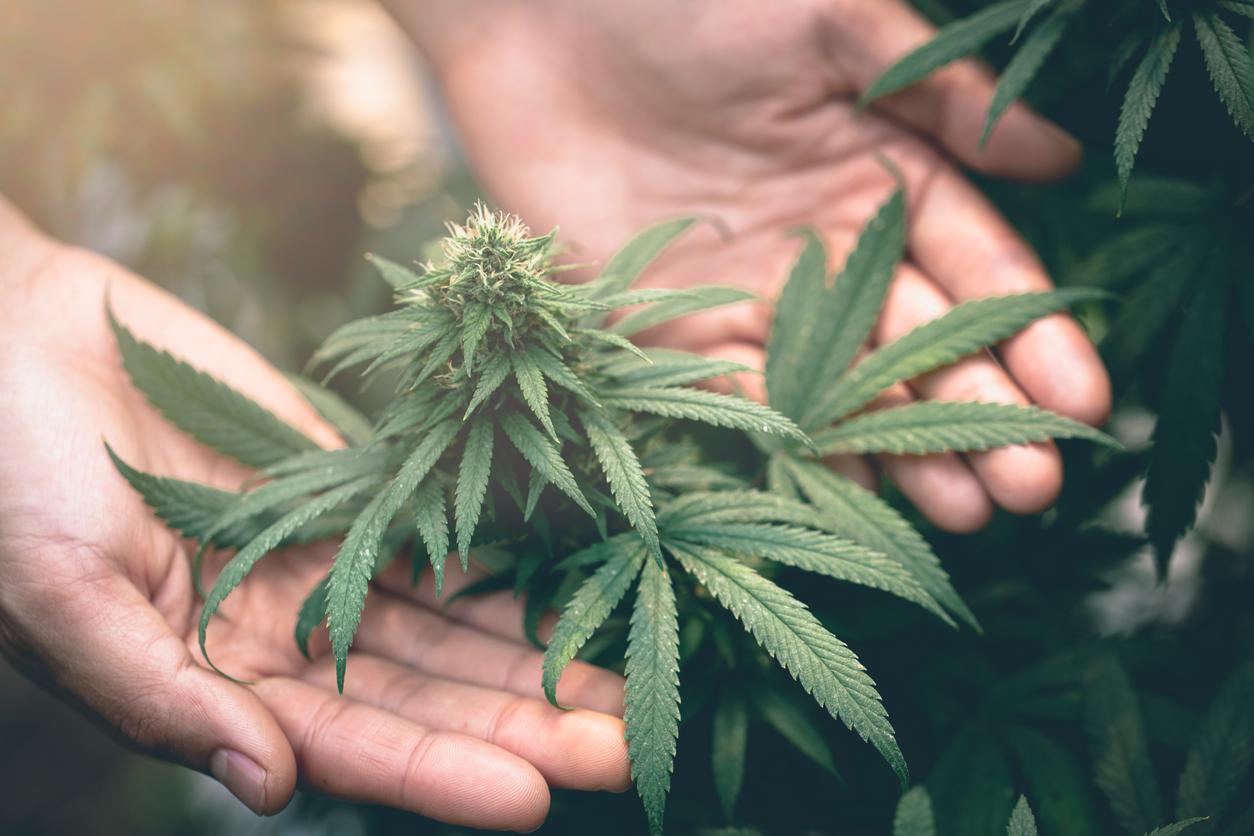A new study shows that in US states where cannabis is legal for medical or recreational use, opioid prescriptions are lower than in the rest of the country.
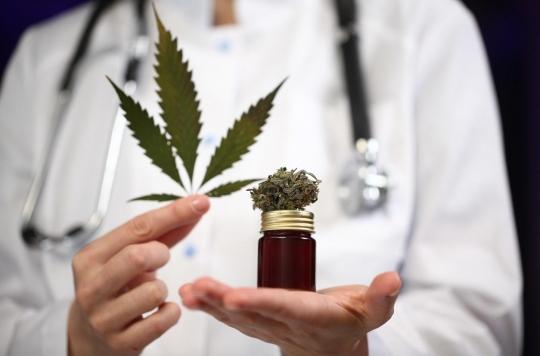
As France prepares to launch in the first half of 2020 his first major experimentation with cannabis for medical use Among patients suffering from chronic illnesses, the legalization of marijuana has shown encouraging results across the Atlantic.
This is highlighted by a study published in the Journal of Health Economics. According to its authors, in states that have legalized cannabis for recreational use, the rate of opioid prescriptions per year was 11.8% lower than the national average. The use of marijuana for medical purposes, on the other hand, lower opioid prescriptions by 4.2%.
Opioids, responsible for 200 deaths a day
In the United States, addiction to painkillers and the overdoses it causes are a major public health problem that the authorities are struggling to regulate despite recent measures to restrict their access and compel pharmaceutical companies to take their responsibilities.
Every day, nearly 200 Americans die from an overdose of these painkillers. 72,000 people died in 2017 across the Atlantic, more than from firearms and road accidents combined. A silent “epidemic” of which Fentanyl, a synthetic opioid up to 100 times more powerful than heroin, is the main culprit. Since 1999, the number of deaths caused by synthetic opioids like fentanyl has increased by 3,000%. And, as of 2016, fentanyl has been the deadliest overdose drug in the United States.
A sharp decrease in painkiller prescriptions
Yet, in states that have legalized cannabis for recreational or medical purposes, these opioid prescriptions show an opposite trend to the rest of the country. To reach this conclusion, the study authors studied data on more than 1.5 billion individual prescriptions for painkillers issued between 2011 and 2018, which represents approximately 90% of this type of medicine dispensed during of this period.
They found that both types of cannabis access laws (medical and recreational) significantly reduced the total number of days opioids were prescribed, but also the number of patients to whom providers prescribed them, as well as the likelihood that a provider will prescribe painkillers.
For the researchers, these results show that “cannabis access laws could be a useful tool in combating the epidemic of prescription opioids”. “While state governments have adopted various policies aimed at reducing opioid prescriptions, such as prescription drug monitoring programs, many of these policies simply limit access to opioids and can push people who are already addicted from prescription opioids to more dangerous drugs, such as heroin,” they continue.
According to them, “policies that reduce opioid prescriptions without getting people to substitute more dangerous drugs may be preferable to policies that simply limit opioid prescriptions.” And legalizing cannabis could be one option, the researchers argue.
They also respond to the fear raised by some that cannabis is becoming a gateway drug leading users to subsequently turn to harder drugs: “Across the general population, access laws medical and recreational cannabis decrease opioid use,” the authors state.
.









